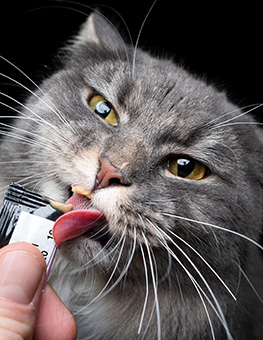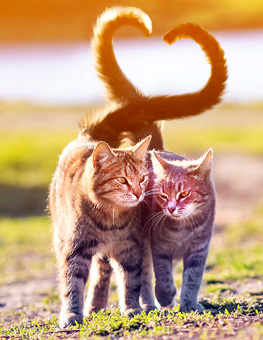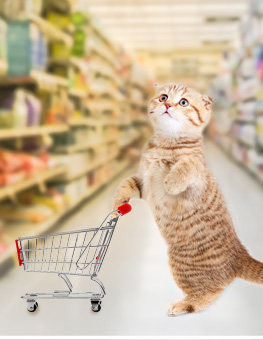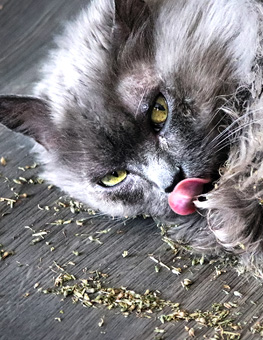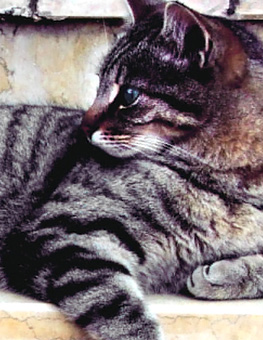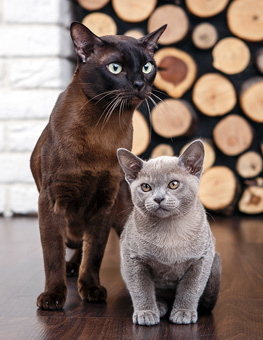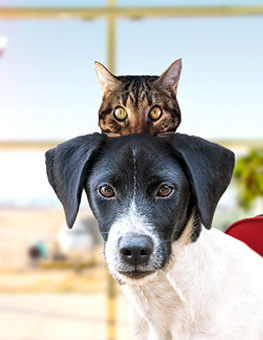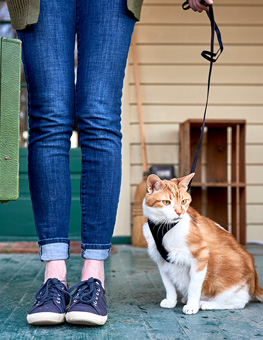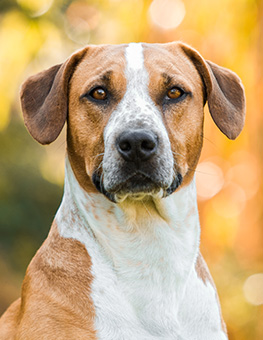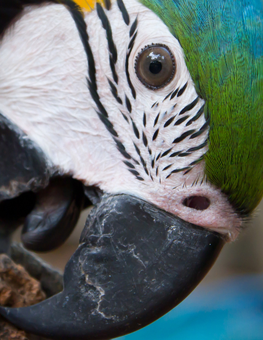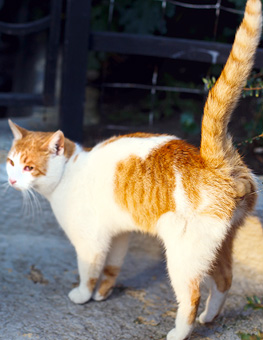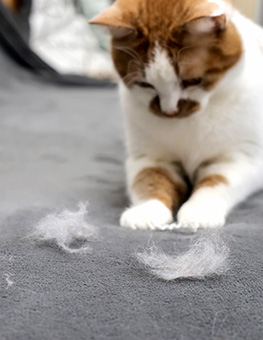A Kitten Dietary Guide Can Help Your Pet Grow Up Healthy and Happy
There are plenty of rules for what a cat can and cannot eat. In fact, there's an entire list of plants that homeowners should avoid keeping in their homes if there are cats roaming around!
But when it comes to kittens, there's a whole lot more to learn, especially with regard to dietary needs.
Kittens typically spend their first six weeks of life learning to see, walk and even play. Eventually, they move on from milk to solid foods, and after that initial month and a half or so, their weight will have quadrupled. They'll also have learned to use a litter box and begun to show signs of that classic cat personality everyone knows so well: friendly curiosity mixed with independence. Cats then continue to grow until they reach about 6 or 7 months, when things begin to slow. However, during this first half year of life, it's imperative that kittens get the nutrition they need to stay at a proper weight and grow into strong cats.
Here's a handy guide for managing that time best.
Starting on solids
Around 4 or 5 weeks, kittens can start to integrate solid food into their diets, although they'll likely continue to nurse. Mixing a nutrient-filled soft food with some water or specially designed kitten milk replacement is best. Over the next few weeks, gradually reduce how much water or milk you use.
Kitten food only
Avoid buying cat food that's for adults. Most brands sell special kitten foods that are easier to digest and contain much of the nutrients kittens need, from vitamins to minerals and simple caloric content. It's important to remember that kittens are meat-eaters by nature and have more trouble digesting plant-based foods. High-carb diets aren't great for cats, but they can especially cause kittens trouble.
After your cat's first birthday, you can switch to an adult blend, but don't introduce it too suddenly. Instead, mix the new adult cat food in with the kitten one you've been using. Over several weeks, you can make the transition.
A tasty drink
Humans don't like eating without a tall glass of water on hand, and cats don't either. Always keep your kitten's water bowl fresh and filled. This is especially important during the summer, when humidity and temperatures are high.



